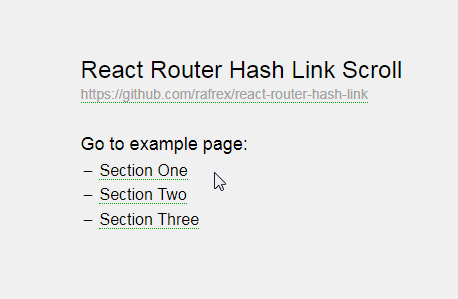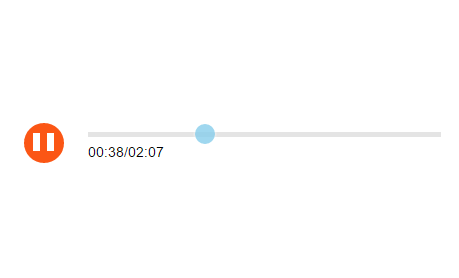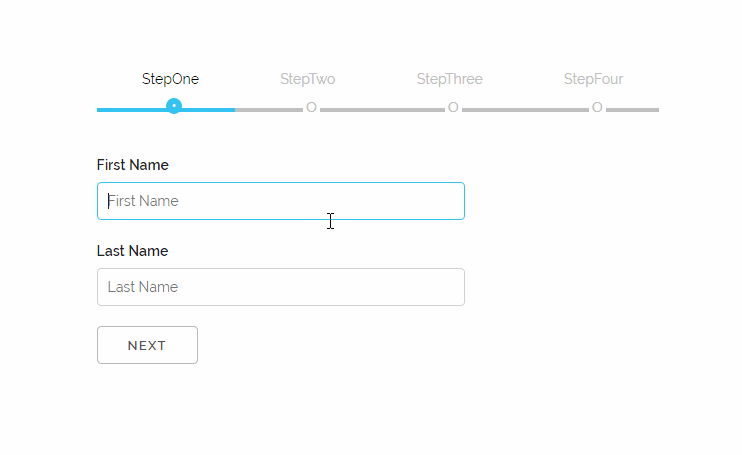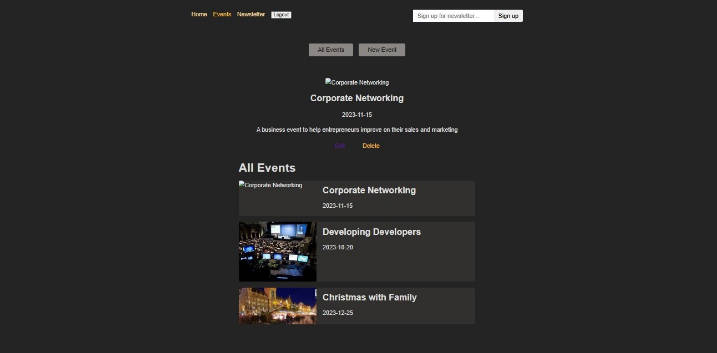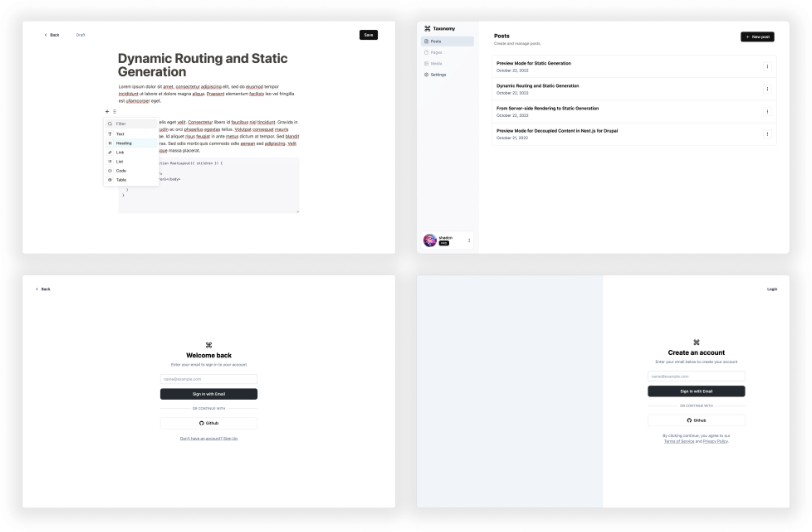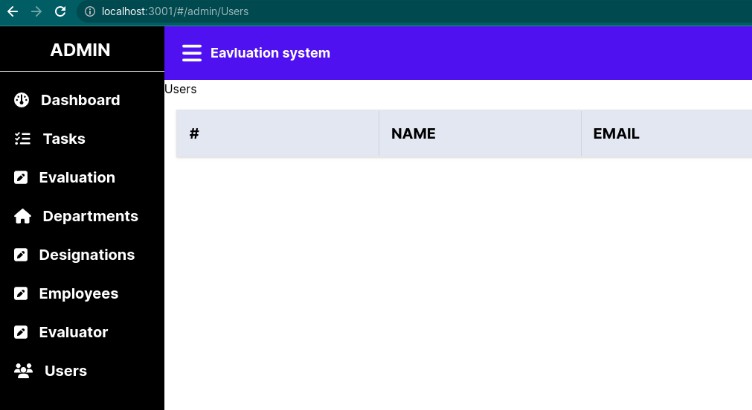React Router Hash Link
This is a solution to React Router's issue of not scrolling to #hash-fragments when using the <Link> component to navigate.
When you click on a link created with react-router-hash-link it will scroll to the element on the page with the id that matches the #hash-fragment in the link. This will also work for elements that are created after an asynchronous data load. Note that you must use React Router's BrowserRouter for this to work.
$ yarn add react-router-hash-link
# OR
$ npm install --save react-router-hash-link
<HashLink>
// In YourComponent.js
...
import { HashLink as Link } from 'react-router-hash-link';
...
// Use it just like a RRv4 <Link> (to can be a string or an object, see RRv4 api for details):
<Link to="/some/path#with-hash-fragment">Link to Hash Fragment</Link>
<NavHashLink>
// In YourComponent.js
...
import { NavHashLink as NavLink } from 'react-router-hash-link';
...
// Use it just like a RRv4 <NavLink> (see RRv4 api for details):
<NavLink
to="/some/path#with-hash-fragment"
activeClassName="selected"
// etc...
>Link to Hash Fragment</NavLink>
Scrolling API
smooth: boolean
- Smooth scroll to the element
- React Router Hash Link uses the native Element method
element.scrollIntoView()for scrolling, and when thesmoothprop is present it will call it with the smooth option,element.scrollIntoView({ behavior: 'smooth' }) - Note that not all browsers have implemented options for
scrollIntoView- see MDN and Can I Use - there is also a browser polyfill for smooth scrolling which you can install separately sosmoothwill work in all browsers
import { HashLink as Link } from 'react-router-hash-link';
<Link smooth to="/path#hash">Link to Hash Fragment</Link>
scroll: function
- Custom scroll function called with the element to scroll to, e.g.
const myScrollFn = element => {...} - This allows you to do things like scroll with offset, use a specific smooth scrolling library, or pass in your own options to
scrollIntoView
import { HashLink as Link } from 'react-router-hash-link';
<Link
to="/path#hash"
scroll={el => el.scrollIntoView({ behavior: 'instant', block: 'end' })}
>Link to Hash Fragment</Link>
Custom Link
The exported components are wrapped versions of the Link and NavLink exports of react-router-dom. In some cases you may need to provide a custom Link implementation.
For example, the gatsby static site generator requires you to use its implementation of Link. You can wrap it with the genericHashLink function of this package.
import { genericHashLink } from 'react-router-hash-link';
import GatsbyLink from 'gatsby-link';
const MyHashLink = (props) => genericHashLink(props, GatsbyLink);
const MyComponent = () => (
<div>
The default wont work for you?
<MyHashLink to="/faq#how-to-use-custom-link">No problem!</MyHashLink>
</div>
);
